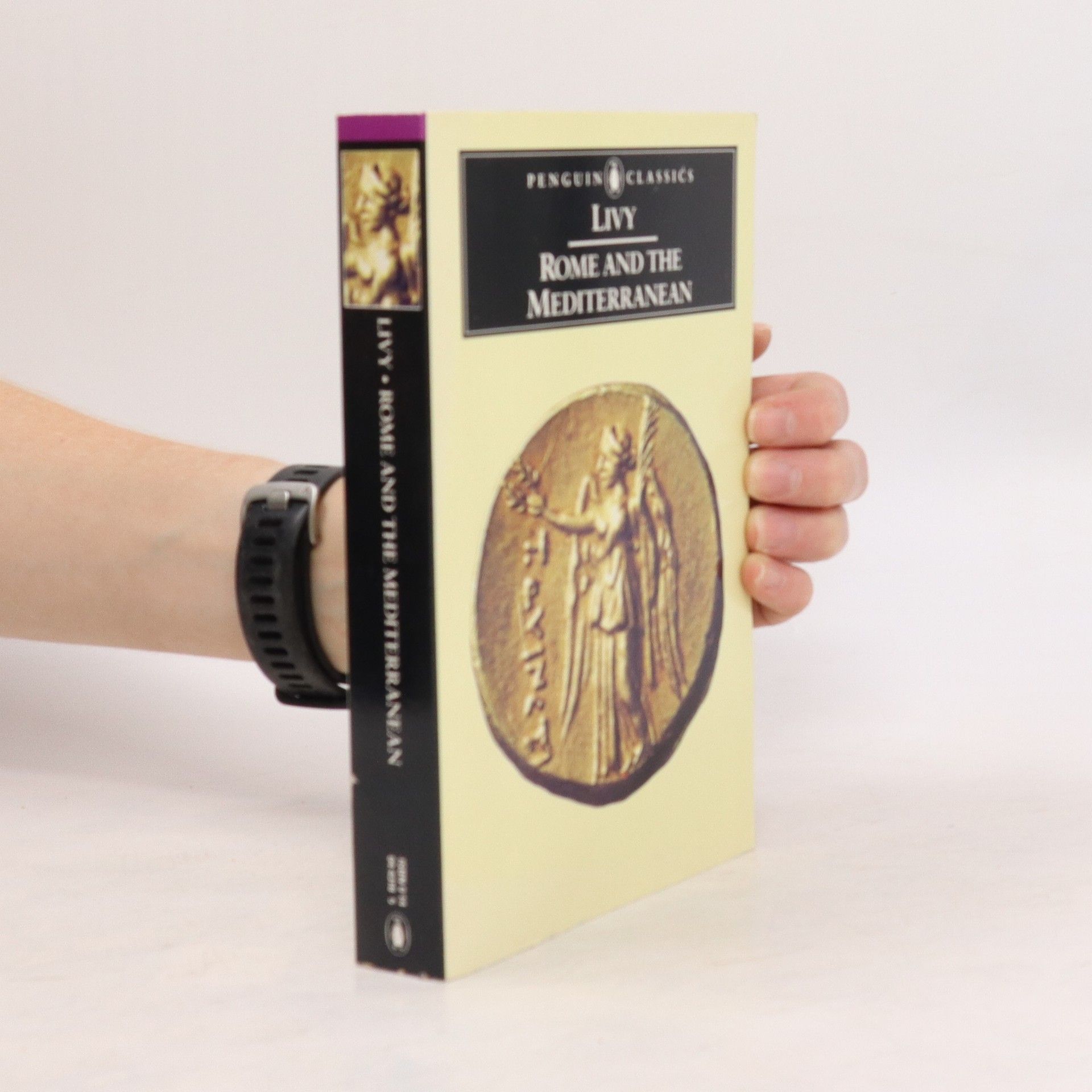Rome and the Mediterranean
- 704 Seiten
- 25 Lesestunden
After the decisive defeat of Hannibal in the Second Punic War (218-201), Rome faced a series of challenges from the East - to emerge as master of the Mediterranean in 167 B.C. It is Livy who, by the sheer power of his historical imagination, creates from the bald and often inaccurate souces an enthralling narrative, full of drama and color, compelling personalities and magnificent oratory. With her triumphs over the heirs of Alexander the Great in the Macedonian Wars, world leadership passed forever from Greece to Rome; and Livy shows us the men, heroic but human, who took part in an epoch-making event.


